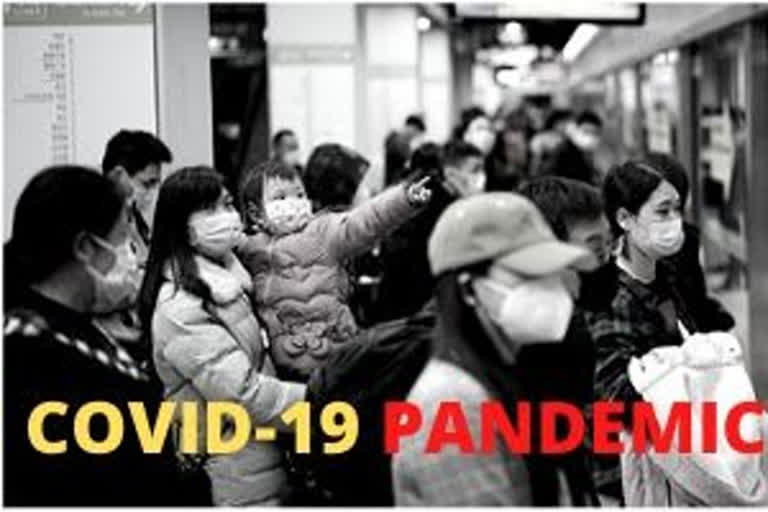Hyderabad: The COVID-19 pandemic could exacerbate the existing vulnerabilities of the world's refugees and internally displaced persons, travel bans, closed borders and living conditions in camps all amplify the risks to migrants, WHO said.
It further added that this crisis is an opportunity for the world to display empathy and solidarity towards migrant groups.
According to the reports, this pandemic is also on track to exacerbate the vulnerabilities of some of 272 million international migrants worldwide.
Persons displaced internally and across borders are particularly at risk and the majority of the world's 25.9 million refugees and 41.3 million internally displaced persons are in developing countries that are only starting now to be affected by the pandemic.
Governments are increasingly introducing measures to 'flatten the curve' as infections are detected in a growing number of countries. As of 26 March, over 180 countries, territories and areas had passed travel restrictions due to COVID-19, including prohibitions of entry of nationals from other countries. These measures are complemented by the closure of borders in several countries, as well as the temporary suspension of labour migration from South Korea to Argentina.
Also read: Sonia Gandhi writes to PM, suggests ways to shore up funds for COVID-19 fight
World Health Organisation essayed that migrants living in camps at the doorstep of Europe or the US face the possibility of a devastating virus outbreak given their proximity to highly affected countries and their often cramped living conditions, coupled with already stretched healthcare services.
Some experts say, social isolation is not an option. While the coronavirus pandemic has eclipsed a recent crisis at the border between Turkey and Greece, the situation of facilities in the Greek islands is alarming, leading some to call for the immediate evacuation of migrants. Similar fears of a COVID-19 outbreak have been expressed over a makeshift migrant camp at the US-Mexico border.
Moreover, resettlement is even more remote as the International Organization for Migration and the United Nations High Commissioner for Refugees have been forced to temporarily suspend refugees’ resettlement travels due to states’ mobility restrictions and concerns over exposing refugees to COVID-19. Developing countries will need the support of the international community to combat the virus for all who live in their communities.
More generally, the lockdown of some countries is impacting all state services, slowing down both migration processing and assistance provided to asylum seekers.
Some essential migrant support services are simply being closed until further notice due to the prohibition of social gatherings, as is the case with a migrant kitchen at Colombia’s border that normally feeds around 4,500 Venezuelan migrants every day and offers basic medical services.
Also read: Not just economy, COVID-19 might also leave a lasting imact on democracy
From China to South Africa, calls are being made for inclusive COVID-19 responses to ensure migrants are incorporated into public health strategies and planning around the world.



